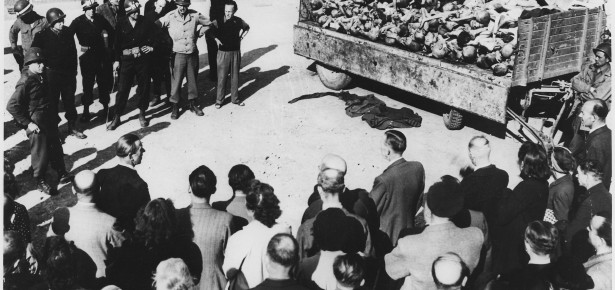
At one point in my book Reconstructing Sociology, I ask readers to consider a question that goes back to Isaiah Berlin. I would like to start by posing it now also to you: Which of the following is the most objective statement about the Holocaust:
(i) In World War II, six million Jews lost their lives.
(ii) In World War II, six million Jews were killed.
(iii) In World War II, six million Jews were systematically murdered.
You have your answer? Okay.
Now, given the title of this blog, you undoubtedly suspect a trick afoot or at least an effort to turn your world upside down. You are right. Try posing this question to people you know. Pose it to almost anyone. Be a sociologist and ask a random sample. Minus the title of this blog, most people will insist the correct answer is (i). It is not.
People choose (i) because they mistakenly equate objectivity with neutrality and with the absence of moral evaluation. They assume the latter signifies something subjective, entirely in our head and not inherent in the object of evaluation itself.
Surely, however, it is statement (iii), the least neutral of the three, that is most true and most objective. Critical realists like me argue that to be objective is not to be neutral but true to the object of consideration. When the object of consideration is the Holocaust, the truest account is that six million Jews were systematically murdered. The two more neutral accounts are not objective. Instead, their posture of neutrality actually misleads us about what happened. They convey impressions short of the full truth. Did six million Jews just die? Of what, car accidents? In their sleep? Nor is it enough even to say they were killed. They did not, after all, die in battle. They were murdered and murdered systematically. Here, it is neutrality rather than partisanship that distorts.
It is not just ordinary people who equate objectivity with neutrality. The social sciences do as well as do our news media. It is no wonder that ordinary people think there are always two sides to every story with the truth somewhere in some neutral between.
There may always be two sides to any story, but the truth is not always in between – or at least not smack in the middle. The two sides may not be equally cogent and to present them as if they were via a posture of neutrality is to distort the truth. To present science neutrally, for example, as divided about global warming because there are a few scientific dissenters is to obscure the overwhelming weight of argument on one side.
We cannot escape value judgments. Neutrality too is a value judgment and not always the most objective one. Sometimes, it is neutrality that represents bias. Look for that kind of bias in news reporting, and look for it as well in your own reaction to things. I am on the case looking for it in sociology.
Latest Comments
Have your say!